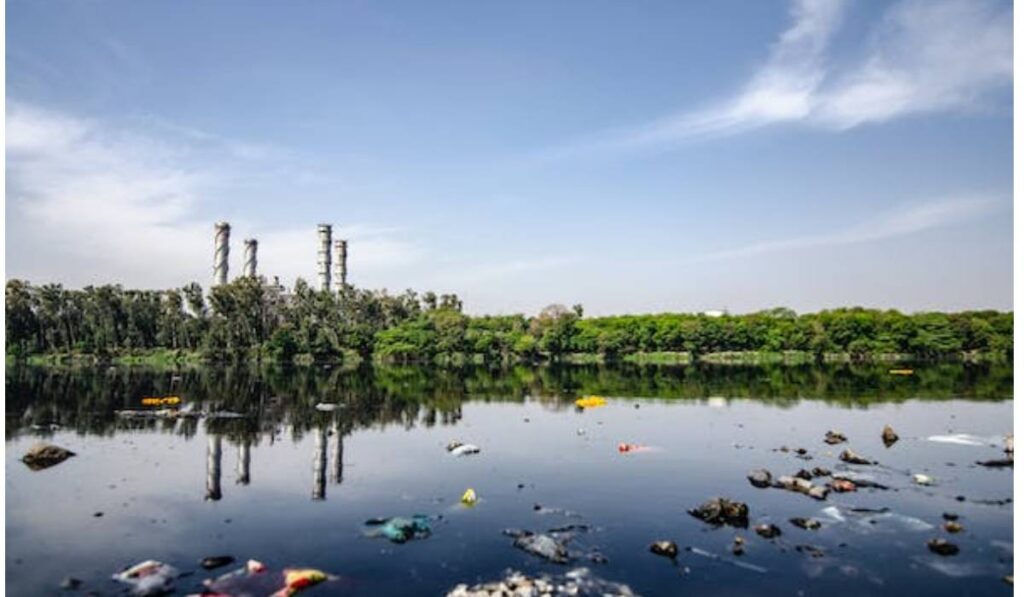
A Texas judge recently threw out an air pollution permit that was issued using a controversial and unofficial rule. The rule requires those who want to challenge the permit to live within 1 mile of a polluting facility.
Last year, in December, Travis County District Court Judge Amy Clark Meachum reversed a 2022 decision by the Texas Commission on Environmental Quality (TCEQ). The ruling had denied a request for a pollution permit hearing.
The permit was for expanding Max Midstream’s Seahawk Oil Terminal on the Gulf Coast’s Lavaca Bay. Local shrimpers, led by Diane Wilson, had requested the permit hearing, arguing that Max Midstream had downplayed expected emissions.
Unfortunately, TCEQ argued that the shrimpers lacked standing. This is because they lived more than a mile from the new and expanded terminal; thus, the challenge was denied.
ALSO READ: Northwest Struck by Heavy Snowfall as Tornadoes Triggered by Winter Storm Hits Florida
Thanks to the new court ruling, TCEQ now has to hold a hearing “on all relevant and material disputed issues of fact.” The 1-mile rule has protected many pollution sites in Texas, but more officials can see how damaging it can be.
To be able to file an objection against a pollution permit in Texas, one rule trumps all. The filer must be an “affected person” who will be impacted by the pollution more than the general public.
The TCEQ has been using the 1-mile rule since as far back as 2010 to determine whether someone is an affected person. As such, people living outside of that parameter cannot file an objection.
However, this “rule” is not a part of any federal or state laws or TCEQ department documents. The rule is based on the notion that pollution does not travel further than 1 mile. But in truth, pollution can travel much further depending on the wind.
POLL—Is Climate Change a Major Threat That Requires Immediate Policy Action?
For instance, it is common knowledge that freeway pollution can drift farther than a mile from its source. And some air pollutants can travel hundreds of miles, affecting other cities and states.
“This practice is arbitrary and unlawful,” Erin Gaines, a lawyer with the nonprofit Earthjustice, told Inside Climate News. Though courts hardly get bothered with Texas pollution permits, this was the second ruling in weeks.
Prior to this, the federal Fifth Circuit Court of Appeals in New Orleans dismissed another permit for an East Texas gas terminal. Wilson and the shrimpers group brought about the latest reversal. Wilson has been very vocal about pollution in the state for years.
ALSO READ: Hospital Worker Fired for Requesting Vaccine Exemption Scores Huge Win in Court
In 2019, she won a landmark case against Formosa Plastics for illegally dumping toxic plastic waste on Texas’s Gulf Coast. This is yet another notch in her belt, but she only wants the environment to be healthy. A mindset more residents need to key into.
You Might Also Like:
Iowa High School Principal Wounded in School Shooting Dies
Colorado Authorities Clear US Rep. Lauren Boebert of Domestic Violence Allegations
Georgia Family Gets Help After Almost Losing Insurance for Teen’s Cancer Battle
Former ESPN Sportscaster Survives Moving RV Crash on Southern California Freeway
US Judge Rules Bans of Guns in Post Offices Unconstitutional
